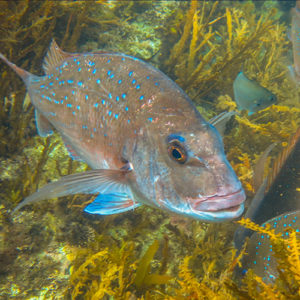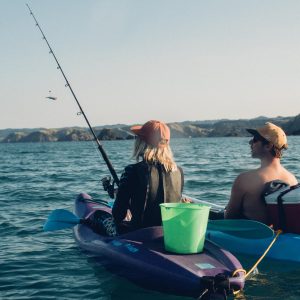It is a concern for all of us that the Ministry for Primary Industries (MPI) has once again shown they are unwilling or unable to show the public how they are carrying out their statutory duties. This time, in the form of a blanket refusal to share more than 100 reports requested under the Official Information Act.
These 100 reports were requested by Glen Simmons, a researcher at Auckland University and co-author of the Catch Reconstruction Report.
The Catch Reconstruction unearthed an unprecedented level of unreported fish catch to the United Nations by New Zealand officials over the last 50 years. Simmons also revealed a series of reports outlining MPI’s knowledge of large scale fish dumping and their refusal to prosecute.

Simmons was told that his request for these further 100 reports was too vague and would not be completed. So, Simmons responded, updating his request to 14 specific reports Apate; Apate II; Blade; Box II; Bronto; Horse; Kenwood; Mega; Mini; Maxi; Purse; Trios; Turn Up; and Uzi.
Two years on and he is still waiting.
The Official Information Act is in place to ensure transparency throughout our ministries. The Act’s purpose includes promoting the “accountability of ministers and officials” and states that any New Zealander may “request a department or Minister of the Crown or organisation to make available to him or it any specified official information.”.
Not releasing the reports is, in our view, against the law. More so, it further undermines the credibility of MPI and therefore the Minister himself at a time when public confidence in management is at an all-time low.
If MPI is acting in the best interest of the public, as it is supposed to do, then there is no reason for them to be withholding this information. Doing so leaves them open to ridicule and us to speculate the worst.
It is actions like these that continue to erode our trust. We are no longer confident that MPI can separate themselves from commercial interests and serve the people of New Zealand.
A review of our inshore fisheries and the formation of a small, focused Ministry of Fisheries is essential. We need an organisation that we can rely on, one that is committed to serving the public and delivering healthy marine ecosystems for future generations to enjoy.





